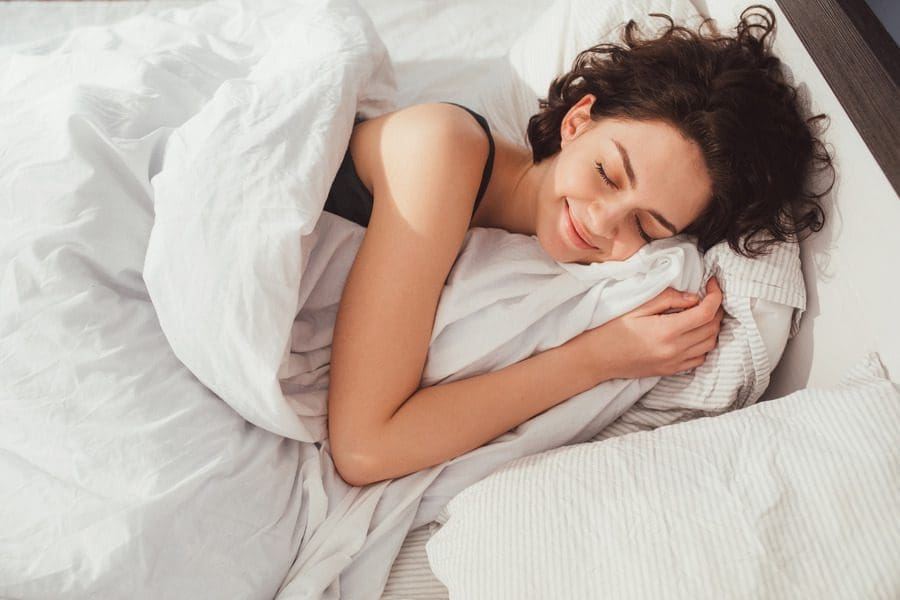When you sleep well, your days are easier; when you don’t, your days are longer and harder to navigate. Good sleep hygiene also allows you to be more active, energetic, and productive during the day without feeling drained. In this post, we discuss the importance of proper sleep hygiene and how to achieve it.
What Is Sleep Hygiene?
Sleep hygiene is essentially your sleep habits, including the environment you create at bedtime. Poor sleep hygiene leads to sleep problems – not just your physical health but also your mental health. These issues can be addressed by making a few adjustments. Your daily behaviors can also be part of your sleep hygiene, including what you eat and when.
Ways to Improve Sleep Hygiene
Bedtime Routines
A bedtime routine consists of a sequence of activities you do leading up to sleep. To start, select a time to go to sleep every day, including weekends. A good bedtime routine also includes meditation, reading, stretching, listening to music, taking a shower or bath, and journaling.
Sleep Schedule
In addition to picking a time to go to sleep, good sleep hygiene requires that you choose a wake-up time that gives you at least 7-8 hours of sleep. Try to follow this schedule on weekdays, weekends, and on vacations.
Turn Off Electronic Devices
During your bedtime routine, turn off all electronics. Using your phone or watching TV at night has been shown to affect the quality and quantity of sleep. The blue light emitted by many devices interferes with the body’s natural production of melatonin, a hormone that helps us sleep. This can disrupt our circadian rhythm, our body’s natural sleep-wake cycle.
Limit Caffeine
Consuming caffeine during the day, especially in the afternoon or evening, can affect sleep quality. A study by the American Academy of Sleep Medicine found that ingesting caffeine six hours before bedtime decreased total sleep time by one hour. This effect is more substantial in older adults, who take longer to metabolize caffeine.
Exercise Routinely
Exercise can reduce stress, improve mood, and boost energy levels. It can also help you to sleep better. The type of exercise you do and when also affects your sleep. During the day, you want an activity that raises your core body temperature; at night, it is best to do light exercise.
Create the Right Sleep Environment for You
Maintaining the right sleep environment is essential for achieving quality sleep. This includes sleeping in a dark, cool room and reducing noise (using earbuds or a sound machine if needed).







